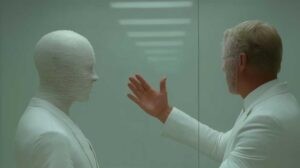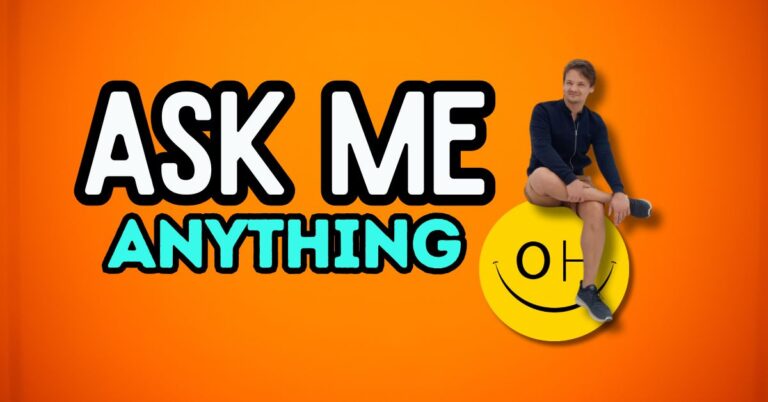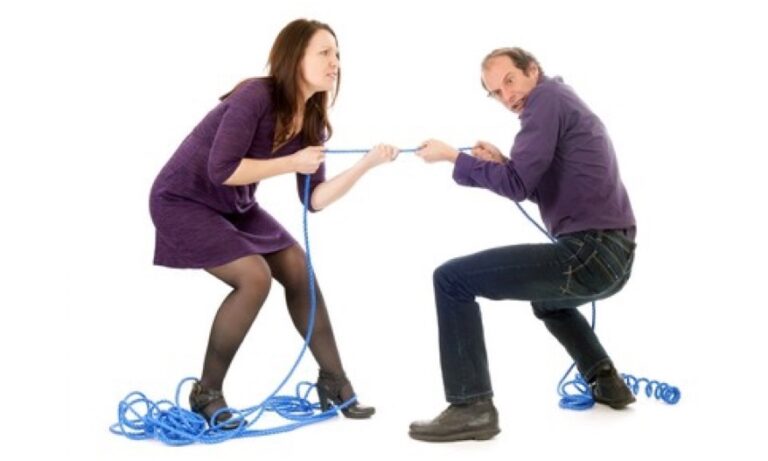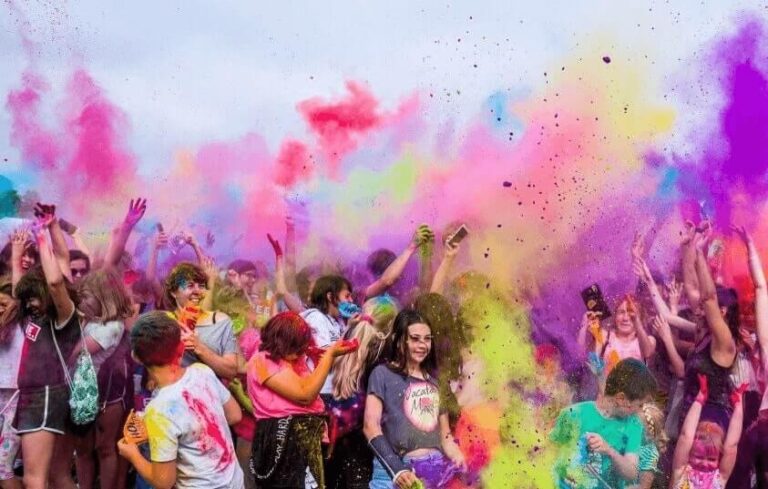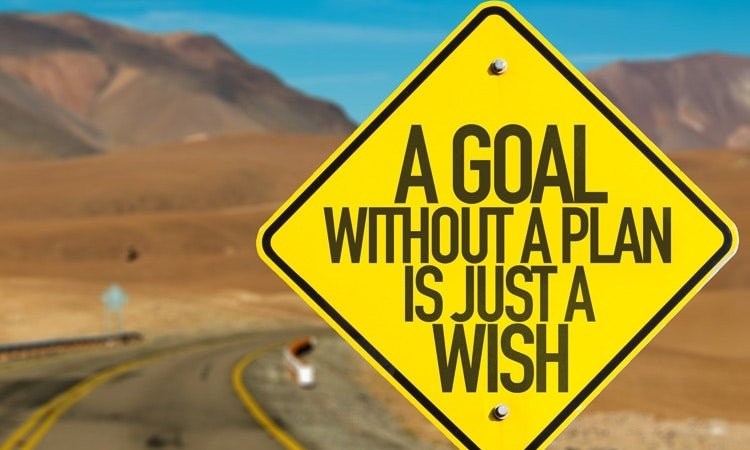
“Never look, never know” is slightly different from “If you never try, you will never know.” In the second case, we are invited to trying something new, hinting that something good can come if only we try to achieve it. However, in the first case, we consciously choose not to even look, satisfied with whatever we have and uninterested in what we may potentially miss out on.
The beauty of “never look, never know” is that it allows us to have no regrets about the paths we didn’t take, whereas “if you never try, you will never know” implies regret. If we don’t desire more, we can be content and happy, while desire implies a lack of something and negative feelings associated with that lack. Of course, not looking or trying also means we don’t improve our situation, which can be dangerous in the long run as the world constantly changes and we risk becoming obsolete.
However, how long should we continue looking before we are content with what we have? How long can we constantly pursue more before it leads to unhappiness? When will we allow ourselves to be happy?
I suggest finding a balance between improving our lives and being satisfied with what we have, following the principles of accepting that we have enough and therefore, we are enough. This means partially giving up the pursuit of “more,” as it is endless and often leads to people feeling stuck in a never-ending rat race, which ultimately makes them unhappy.
Conversely, the key to true happiness is accepting the circumstances we find ourselves in and accepting them for what they are. Then, we should continue working not because we need more, but because it is wise to do so. If we achieve something extra, that’s great! If not, or if our life takes a turn for the worse, well, it becomes our new circumstance and we accept that.
Now, that’s a real formula for happiness.



